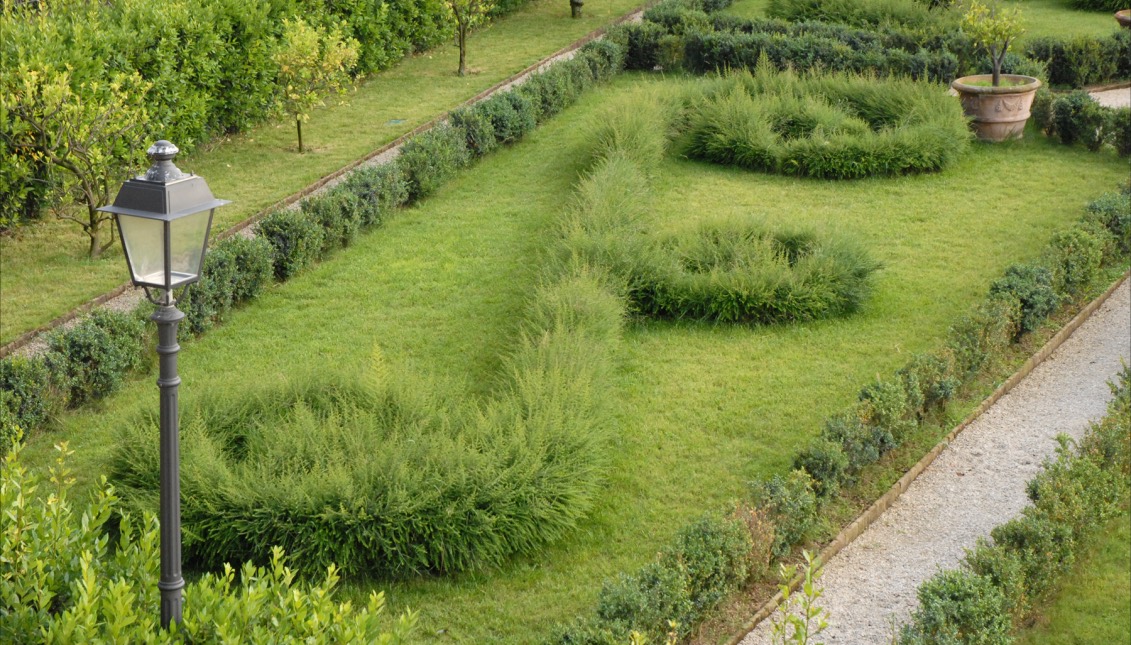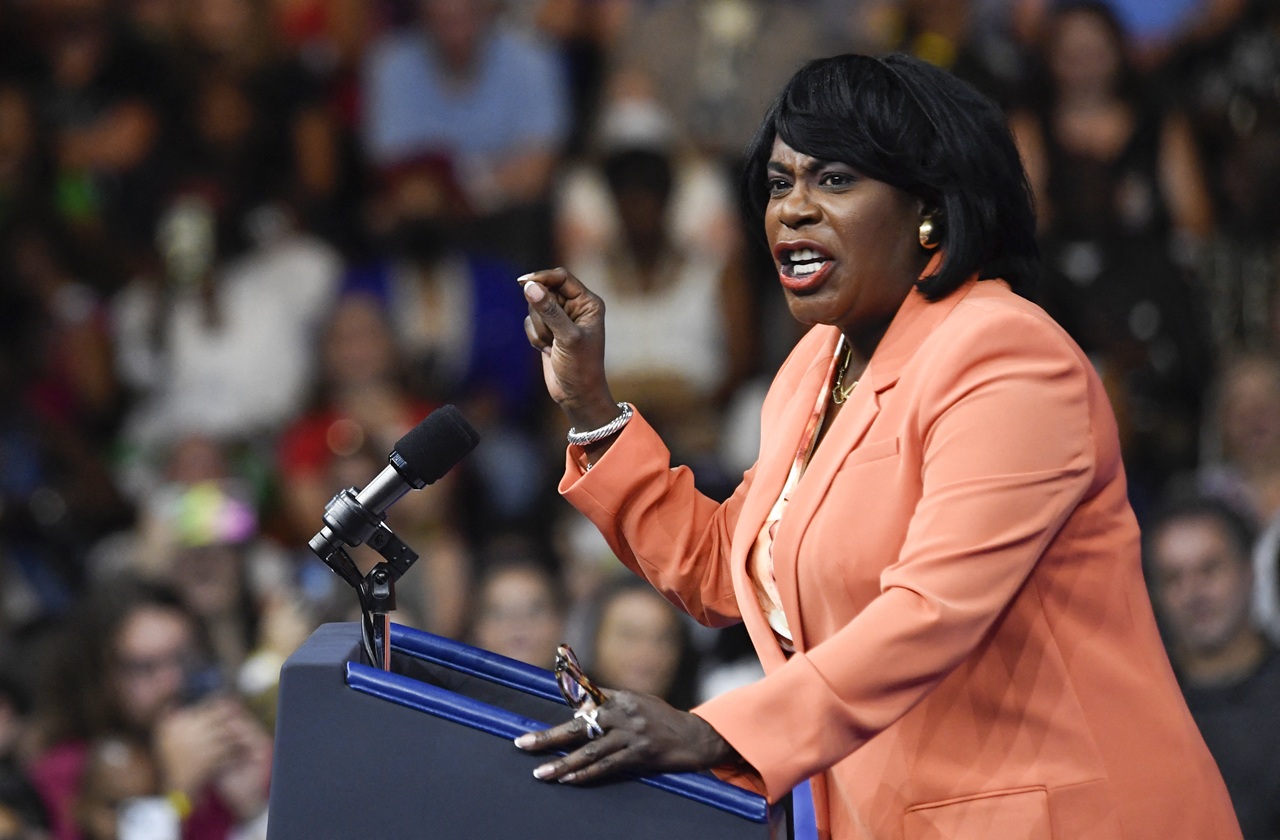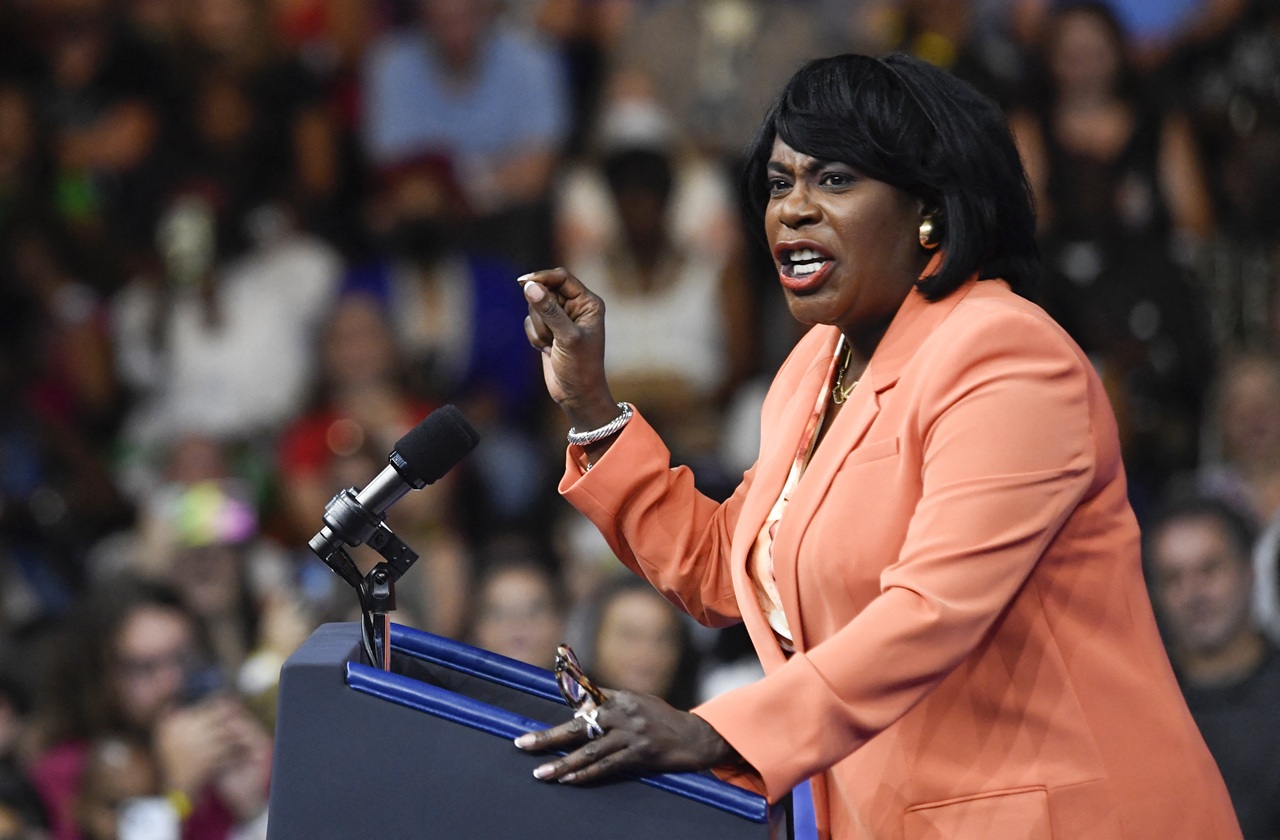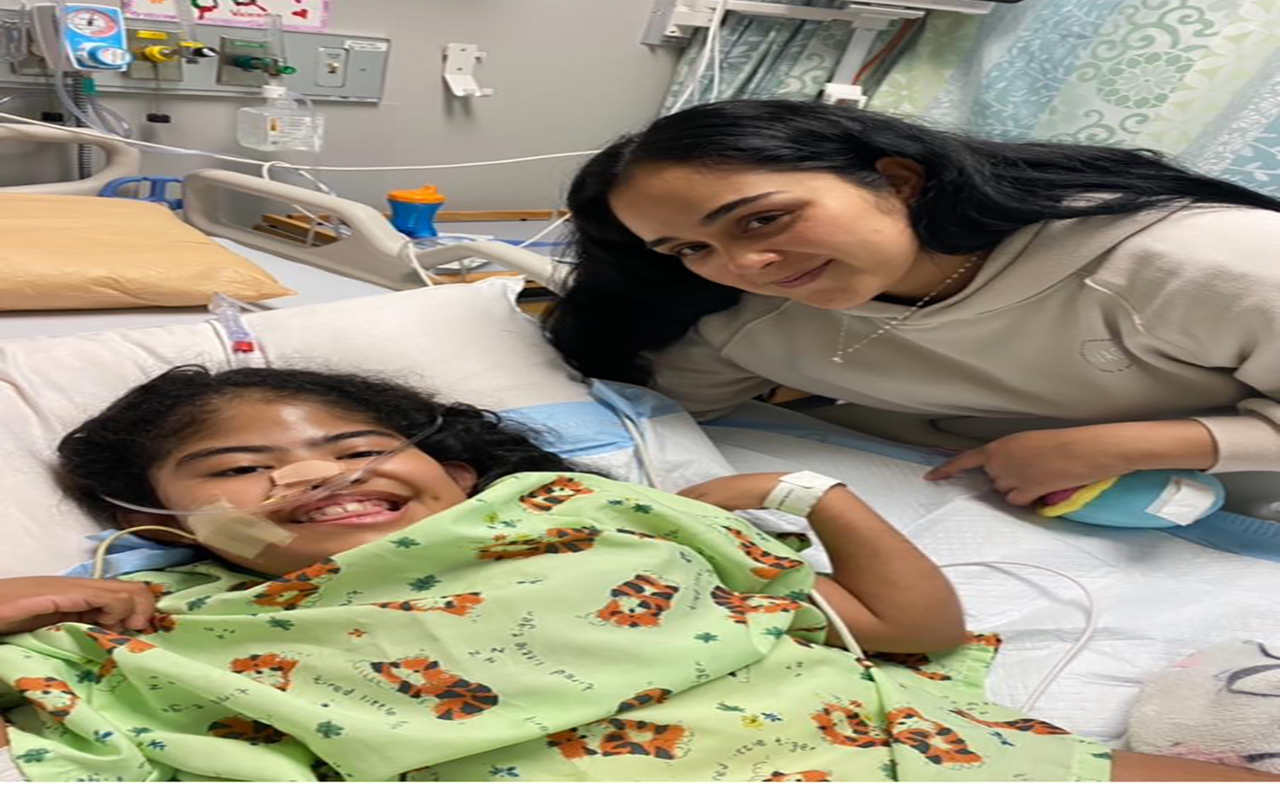
A conversation imagined: The meeting of science and faith
We met walking in the Barberini gardens outside Castel Gandolfo, both of us looking for a bit of quiet before the closing event of the 2016 Vatican Observatory…
We met walking in the Barberini gardens outside Castel Gandolfo, both of us looking for a bit of quiet before the closing event of the 2016 Vatican Observatory Summer School. Perhaps we were drawn to the fountain by the theme of this year’s gathering — water — or maybe it was the cool shade the trees promised in the July heat, but when I saw him walk into the courtyard from the other side, I turned to go, not wanting to disturb him, but he called out, “Are you one of the students here?”
“I am, Holy Father.”
“Walk with me?”
“If you wish, of course.”
We walked for a few minutes in silence, a welcome breeze off the lake stirring the leaves on the trees, the shrill song of the cicadas almost drowning out the fountain.
“You would be an astronomer, then?”
“No, Holiness, a chemistry professor here to learn about interstellar molecules. A student again, at my age, imagine!”
“Ah. I once studied chemistry. Another job where I had to wear a white coat!” He paused.
“And are you a woman of faith as well as a scientist?”
“Roman Catholic since I was 8 days old. Baptized by a Jesuit.”
A grin flitted across his lined face.
“So what did you think about my Laudato Si’ last year?”
His words hung in the air as I tried to gather my thoughts. He stopped for a moment, and looked at me, suddenly abashed.
“I’m sorry, I shouldn’t have presumed. Did you read it?”
“The morning it came out, from end to end, and many times since. And I have to admit, I enjoyed finding a tiny mention of my own field, quantum mechanics!”
“And…” he prompted.
“As someone who writes about prayer, I enjoyed that you started with St. Francis’ poetry. But not four sentences later, you were already giving a bit of a chemistry lesson — reminding us the very same chemical elements make up the earth and us. You grounded the whole thing solidly in the science, as well as in our faith.”
I hesitated, “When Laudato Si’ came out many people — even some of our Catholic politicians — said the Church should leave science to the scientists. It was a terrible thing to say, as if to be a scientist meant you couldn’t possibly have faith, or that somehow you must leave God at the door of the lab. They say, remember Galileo.”
He sighed. “Every time I talk about science, they cry "Galileo!" Was the Church wrong about Galileo? Yes. Does this mean we are always wrong about science? No! Think about the Augustinian monk Gregor Mendel who planted the seeds for genetics or Father Georges Lemaître who proposed the big bang theory. And do you know of Laura Bassi, another Catholic woman who was a professor of chemistry and physics?”
“The first woman professor of physics, from Bologna? Yes, yes!”
“Pope Benedict was even one of her patrons." he paused and smiled, "The 14th, not my predecessor!”
“She had twelve kids, and still managed to do ground breaking science. I have only two and there were days I could barely manage. Seriously, Holiness, it means a great to me to know that the Church I’ve grown up in doesn’t believe scientists are all atheists or heretics. You argue forcefully that faith must not ignore science, that they each bring a distinctive approach to understanding reality, one that can be very fruitful, indeed critical.”
“Profesora, the Church has no wish to hold back the marvelous progress of science. The Church rejoices and delights in what the human mind can do, in the sciences as much as in the arts. And she must be committed to dialogue with the sciences that drives so much in this world. If we believe that faith and reason are both gifts from God, they should enrich and inform each other. We must not see them on either side of a huge chasm, their backs turned to each other. My mind was not wiped of all the science I learned when I entered the seminary.”
“They are not so different I think, science and faith. One of your Jesuit brothers, Walter Burghardt, who lived in Philadelphia, where I do, said that contemplation was just a long, loving look at the real — but I often think it’s a good description of science, too. Passionate people spending a long time studying the real things around us. Even the things we don’t think of as beautiful, my niece studies spiders!”
“Who can deny the beauty of an aircraft,” he waved his hands at the contrails crisscrossing the sky, “or of a skyscraper? Or even that spider spinning a web the gardeners will knock down, thinking it spoils the beauty of the garden. I wish, though, we could encourage science to have a more contemplative pace. Can we not slow down enough to figure out which scientific breakthroughs enrich all our lives, and which ones give us delusions of grandeur, hiding from us what we value most deeply, our own dignity as creatures of God. We need more scientists who know they are mystics, who thirst for God as much as any theologian, more perhaps.”
We both jumped as our phones chimed from our pockets, warning us the reception was about to start. “I must go, Profesora.”
"Me, too."
I asked for his blessing. His hand rested briefly on my head, his voice warmly invoking Father, Son and Holy Spirit as he traced the sign of the cross over me. He strode back toward the Observatory, his white robes flapping about his worn black shoes, and I followed. Slowly, I go back to my science.
Michelle M. Francl is a Professor of Chemistry at Bryn Mawr College, as well as a writer and Roman Catholic theologian. She has written on science and culture for Slate and Nature Chemistry and her reflections on Catholic spirituality appear regularly at CatholicPhilly and on her blog, Quantum Theology.










LEAVE A COMMENT: